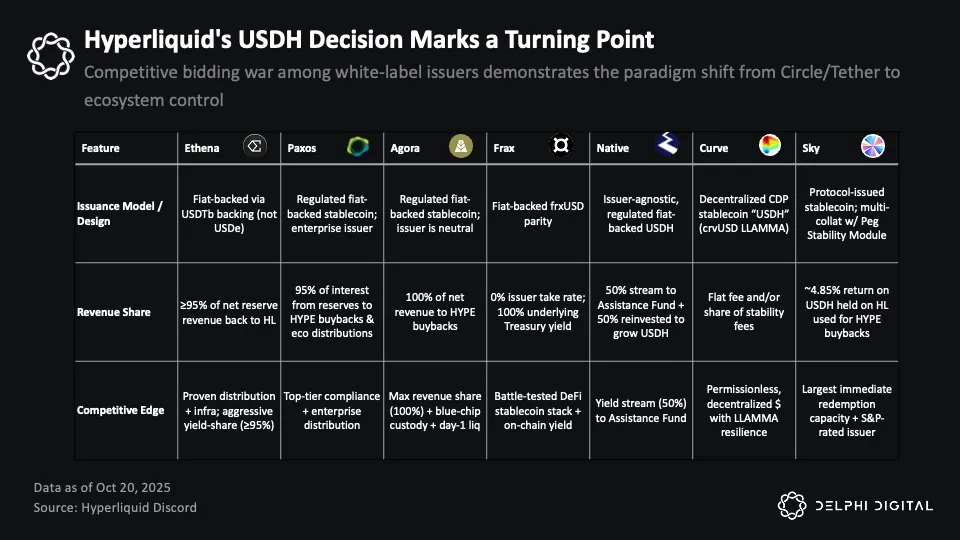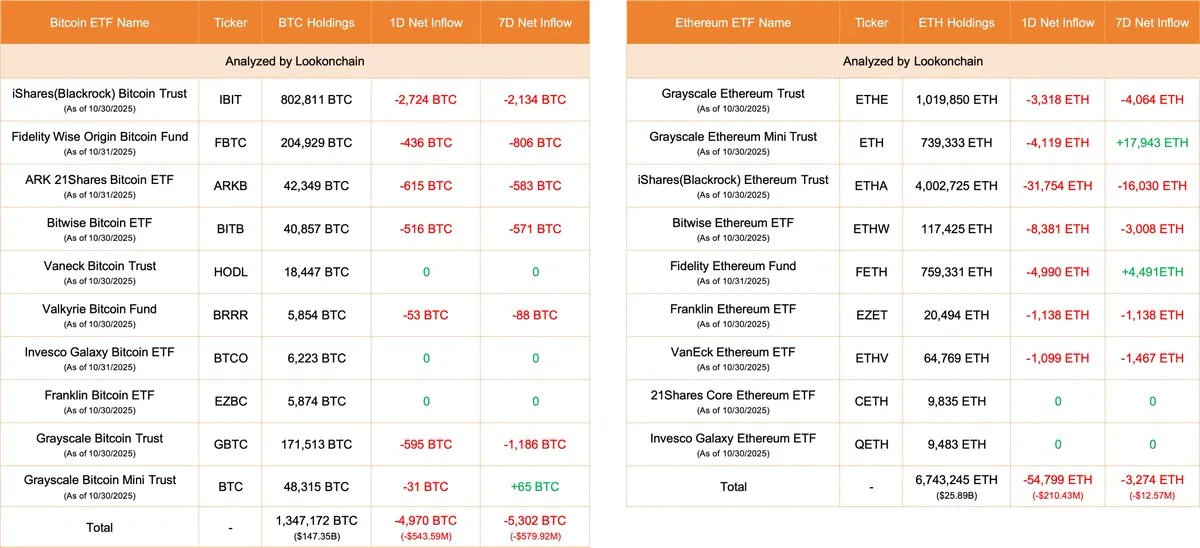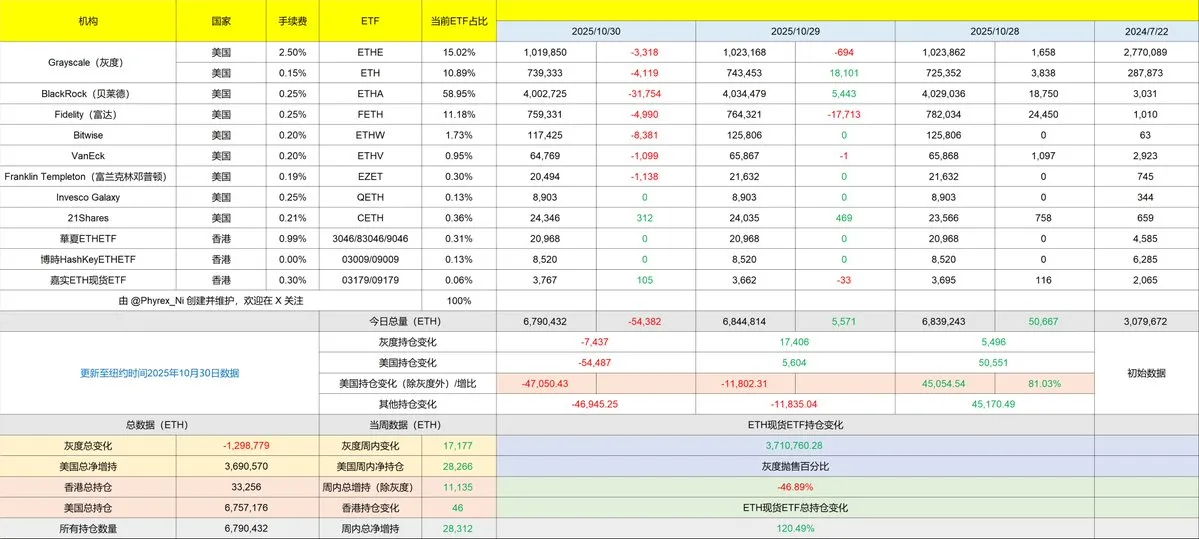The wallet address is anonymous, so how did you expose your identity information?
Many people think that using a blockchain wallet for bad deeds, and that using virtual currency like USDT makes them anonymous, so no one knows who they are. In a specific environment, this might be true, but as soon as it is linked to big data, there is no such thing as complete anonymity.
The core of blockchain technology is: anonymity and traceability.
These two concepts are actually in conflict with each other. The premise of anonymity is that you have no possibility of exposure, but traceability means that a list can be pulled up for you throughout your life.
Don't talk about some uncle's technology; let me tell you how exposure happens in the virtual world. You have a wallet address, which indeed makes it impossible to know who you are, but only if you use it once, or if you receive coins and do not move them or cash them out.
For example, Satoshi Nakamoto's wallet address is visible to everyone, but as soon as he moves the funds or cashes out, big data can analyze who he is in no time.
Let's say you are a hitman, and you have a USDT address on the TRON blockchain. You plan to commit a crime and assassinate someone, and your boss first sends you 1 million USDT.
You execute the plan perfectly. Although your boss gets caught later, he doesn't know any of your identity information; he only has your wallet address as a unique clue. At this point, you plan to retire, holding a phone with 1 million USDT, ready to cash out.
At this moment, you are indeed anonymous, but the moment you want to cash out, you have already exposed yourself.
First, if you want to transfer the USDT to sell it, you surely know that you cannot directly deposit it into an exchange because exchanges require real-name authentication, which would expose your identity immediately.
Second, you know that to transfer it out, you need to use TRX as the GAS fee, so where you buy the transaction fee is also a big problem. Any exchange purchase is definitely not an option because the exchange would directly link to your wallet address, and you would be identified.
Looking at the 1 million dollars in your wallet, you are really in a headache. You find someone offline to buy 100 TRX, and after 3 hours, the person who sold you the TRX gets caught and runs away overnight. You are temporarily safe because you traded in cash, and the other party does not know your identity information.
But at this point, you realize that your wallet address is being monitored; whoever you transfer to will be targeted.
So you disguise yourself and search for buyers all over the internet. When you transfer out a portion of USDT, the other party's identity information will be exposed and they will also get caught. Thus, you become increasingly cautious and dare not touch the stablecoins in your hands.
After several months, you still do not dare to take any action. Although you know your identity information has not been exposed, your phone is off, and both your phone and wallet are tucked safely in your pocket. You plan to flee abroad, arriving at a guesthouse. Although you did not register your identity information, your phone is unexpectedly turned off.
You almost throw your phone to the ground in frustration. At this moment, you need to recharge your phone, so you turn on airplane mode and connect to the guesthouse's WiFi to recharge your phone. You feel a bit relieved, thinking that tomorrow you can leave the country and exchange some foreign currency cash to spend slowly.
At that time, with a Vietnamese girl in one hand and a Thai girl in the other, you think to yourself, and happily drift off to sleep.
In the middle of the night, the door is suddenly kicked open. Your blurry eyes are blinded by a strong flashlight, and in 2 seconds, you are flipped over and pinned to the bed by a group of officers. You only feel the cold handcuffs binding your hands behind your back, and you hear a few growls: "Be honest."
You sit on a tiger bench, puzzled about how you were exposed.
At this moment, an officer walks in with a stack of materials you cannot understand. You vaguely remember terms like IMEI, SN code, MEID/ESN, previously connected WiFi names and passwords, Bluetooth pairing device records, mobile network base station connection information, and a bunch of other information you cannot comprehend.
More than a year later, you lie in the injection room, preparing for the injection. One minute before, you tightly close your eyes, and in a haze, a silhouette of Satoshi Nakamoto appears. He tells you: "Do you know how I disappeared?"
Your wallet address was generated by your phone. All the data from your device is stored by the wallet operating company and can be retrieved at any time. The networks your phone has connected to, the base station information it has received, and even the web pages you have browsed and the WiFi you have connected to—all of this has data.
You quietly close your eyes and finally say one last thing: "F* blockchain technology, f* anonymity…"
(This part's professionalism still depends on security companies. If you get scammed, you can contact a security company. A friend of mine, AIcoin, was stolen 400,000 USDT and managed to recover it.)
免责声明:本文章仅代表作者个人观点,不代表本平台的立场和观点。本文章仅供信息分享,不构成对任何人的任何投资建议。用户与作者之间的任何争议,与本平台无关。如网页中刊载的文章或图片涉及侵权,请提供相关的权利证明和身份证明发送邮件到support@aicoin.com,本平台相关工作人员将会进行核查。




